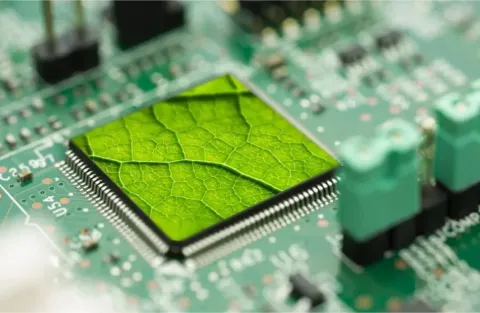Design of evaluation metrics for physical testing
Politecnico di Milano (POLIMI)
Università degli Studi di Milano (UMIL)
Universitat de Lleida (UdL)
Location
Italy

Spain

Remote

 Arable farming
Arable farming
 Food processing
Food processing
 Greenhouse
Greenhouse
 Horticulture
Horticulture
 Livestock farming
Livestock farming
 Tree Crops
Tree Crops
 Viticulture
Viticulture
Any physical test activity involves three main components: environment (where the tests take place), protocol (defining what tests are executed and how) and evaluation metrics (used to assess the results of the tests). This service concerns the last element; its goal is to design the best metrics to evaluate the performance of a customer solution, taking into consideration the use cases specified by the customer and the environment and protocol chosen for the tests (which, if needed, can be designed via services S00106 and S00107).
Our team will identify and define with customers the most adequate set of quantitative (i.e., based on instrumental measurements) and/or qualitative (i.e., relying on expert human judgement) metrics to assess the system functionalities of interest. This phase will involve, in particular, agronomists and experts in agricultural machinery.
Based on the defined evaluation metrics, a set of requirements for the collection of required data and ground truth annotations will also be defined accordingly. For instance, the service may lay out the specifications for dedicated data collection campaigns (possibly executed via service S00113). This phase will involve engineers and experts in AI and robotics.
On request, the output of the service will include analyses on additional environmental factors than those directly tracked through the designed metrics (e.g., seasonal effects, impact of test distribution over time on results).

